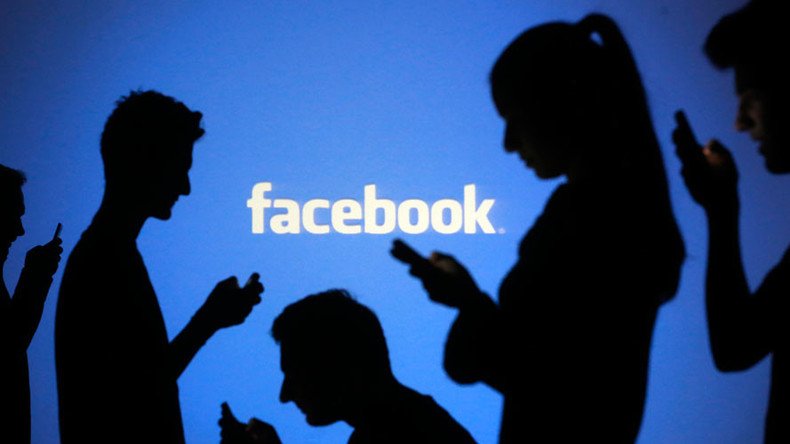Fake news ‘flourishes’ on Facebook & Google, say publishers

Regulators should “urgently” investigate the role of tech giants Facebook and Google, as well as their digital adverts, in the ongoing spread of fake news, according to a group of publishers.
The News Media Association (NMA), representing national and local UK publishers, claims regulators like Ofcom and the Competition and Markets Authority (CMA) should thoroughly assess how the two tech companies make revenues from ads appearing next to so-called fake news.
In a recommendation to the House of Commons Culture, Media and Sport Committee’s inquiry into the phenomenon, the NMA claims that fake news thrives thanks to the digital advertising supply chain, which is “murky at best, fraudulent at worst.”
As fake news tends to draw more profit to companies in terms of clicks and advertising revenue, the report raises concerns over the sustainability of real news in an environment where fake news “flourishes.”
Fake news is more likely to spread on sites such as Facebook because of an algorithm that measures stories’ value based on the number of clicks they receive.
“We’re asking Google and Facebook to examine if what they’re doing is creating a sustainable environment for real news and asking these companies to conduct meaningful reviews of the news,” said Lucy Gill, legal policy and regulatory affairs adviser at the NMA, the Telegraph reports.
The report also brought up the issue of “programmatic advertising,” a targeted tactic by which users’ data is collected through clicks and ads are tailored accordingly.
Such a targeted approach, however, means advertisers are left clueless as to where their commercials are directed and in the “dark” about how their money is spent, while also leading to ads inadvertently landing next to fake news.
The report also claims that Facebook and Google take away advertising revenue from actual news outlets, while also incurring fewer costs as they do not have to pay for professionals to write fact-based, accurate content, or for lawyers.
Ashley Highfield, the NMA’s chairman, said: “News media publishers are by far the biggest investors in original news content, accounting for 58 percent of the total UK investment.
“But the digital supply chain rewards the distributors of content, not the originators,” Highfield said, according to the Telegraph.
“Government and regulators cannot ignore forever the impact of the Google-Facebook duopoly on our media landscape.”
Speaking at the Oxford Media Convention, Tory MP and former Culture Secretary John Whittingdale said the tech giants have acted “parasitically” as they exploit content they have not paid for in order to make profit.
While underlining that neither of the tech companies hire professional journalists, Whittingdale said: “I’m seriously worried about whether there are going to be any local newspapers left.
“We may not have print newspapers in a few years’ time.”
The report comes as a parliamentary inquiry headed by Damian Collins, chair of the Culture, Media and Sport (CMS) committee, will look into whether new offenses should be implemented to hold Facebook accountable for the spread of fake news.
Speaking at the same media convention on Wednesday, Collins said: “Facebook is a major media platform … Just to say this is a technology platform isn’t good enough anymore … Social media is a mature industry that takes the lion’s share of advertising.
“If we reach a tipping point where the level and ‘virality’ of fake news is such it is crowding out [real] news, it is a challenge to democracy.”
Google declined to comment while Facebook is yet to respond.














